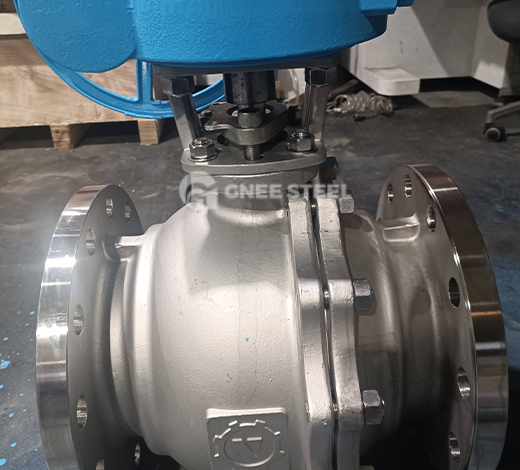Trunnion ball valves are a type of shut-off ball valve that use a ball as the switching element. They feature a simple structure, compact size, and ease of use. Internally, they are equipped with a stem bearing to reduce friction and extend service life. The ball has trunnions (support shafts) on both sides, which minimize friction during rotation. Key advantages include excellent sealing performance, flexible operation, and long cycle life, making them particularly suitable for low-temperature, high-pressure, and corrosion-resistant applications.
Floating ball valves are another type of ball valve, with the key characteristic of a floating ball. The internal ball can rotate and also move vertically, allowing it to adapt to variations in medium flow and pressure. Advantages include low fluid resistance, reliable sealing, and stable valve characteristics across different temperatures, pressures, and flow rates. They are ideal for controlling and shutting off medium-to-low-temperature, normal-pressure, and mildly corrosive media.
While both are ball valves, they differ significantly in structure and application:
In summary, trunnion and floating ball valves may appear similar but serve distinct purposes. Trunnion ball valves are the preferred choice for demanding conditions (low temperature, high pressure, corrosion), while floating ball valves are ideal for standard industrial applications. Selecting the right type ensures pipeline safety, reliability, and operational efficiency.
